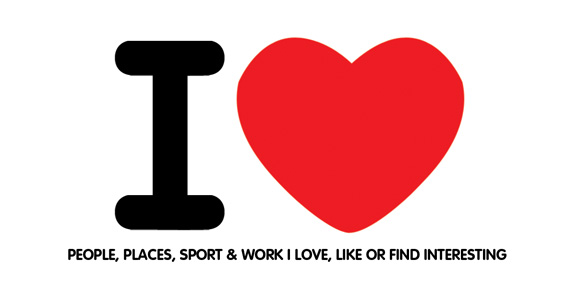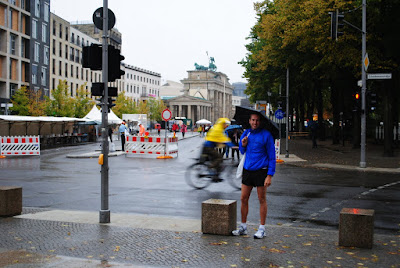
Cowman '09 - suffering!
A few years back, the week before the Cowman Half Ironman, I started coming down with something. At first I pushed those early feelings deep down, trying to ignore them, but as the race got closer, I knew things weren’t right.
Common sense obviously says, laugh off the race, it’s not the end of the world and there will be others. But then again, common sense thinks we’re idiots for doing these gruelling races in the first place. For me, it comes down to time and money, and it’s these very factors that affect pros less.
Due to T & M, I can pretty much only race two half Ironmen in a season, building up to and finishing with an IM. Let’s not forget either that as an age-grouper, races sell out quickly, to a point where we have to enter months (in some cases,12 months) in advance.
So let’s get back to my situation. Here I am thinking – this race is vital to my IM build up. I’ve paid 80 odd pounds (and Cowman is one of the cheaper races) to race and spent many, many hours training to get myself into shape. In the back of my mind, I’m thinking, all the other races in the calender have sold out many moons ago and I can’t even get a refund should I pull out. So what did I do, I raced.
And I suffered. It destroyed weeks of training, put me on the back foot mentally and most importantly, could have caused long term, life-threatening damage. I saw the same thing happen this year to my training partner. Coincidently, at the same race. I caught him on the run (which is VERY rare) and could see he was experiencing what I did the year before. He was half the athlete he normally is. And he suffered big time for a few weeks after too, both physically and mentally.

Pro athlete - Raynard Tissink
But being a pro, missing a race is kind of like taking a sick day off work. Granted they lose performance related bonuses, prize money, etc but they’ve got heaps more options to make amends for a missed race. Pros can pick and choose at late notice which races to participate in. (Correct me if I’m wrong please.)
Not for one minute am I saying it’s not hard to pull out of a race if you’re a pro, especially the World Champs. What I’m trying to say is that I think I’d struggle not to race, due to the circumstances already mentioned. I only get to race one IM a year. It’s a year of selfish commitment to train for one so to miss the big dance DOES feel like the end of the world. (I absolutely commend Chrissie for leading by example.)

My girlfriend - Chrissie Wellington ; )
My conclusion is this. I don’t think race organisers do enough to discourage racing sick. My decision not to race would be made much easier had I known I could have got my money back as a minimum, at the very least, a percentage.
I had a look on the Ironman UK website, and this is what they have to say about withdrawing from the race if it falls within 45 days of the start date:
After 45 days: NO REFUNDS WILL BE GIVEN UNDER ANY CIRCUMSTANCES. The Race Office Staff are not permitted to enter into any discussion in regard to refunds. This policy has been adopted by IRONMAN UK due to action taken by previous competitors towards IRONMAN UK Staff. Any email in regard to this policy will be forwarded a standard email response reminding you of these terms and conditions and directing you to the terms and conditions and this page. Any further emails regarding this matter will not be responded to.

...but just not a refund.
Fair? So get sick the week before, or even on race day and say goodbye to £350. I know organisers would have had to make provision for you to race, but let’s be honest, what percentage of the field is going to get sick that close to the race or on race morning? They make enough money from the event that they could easily absorb this cost. Yes they should put measures in place to make sure people don’t just pull out for no reason.
Some will say £350 versus risking your life ill isn’t even worth worrying about, but trust me, it would make a HUGE difference to me.
I’d be interested to hear your thoughts, good or bad. Drop me a line.
Troy









